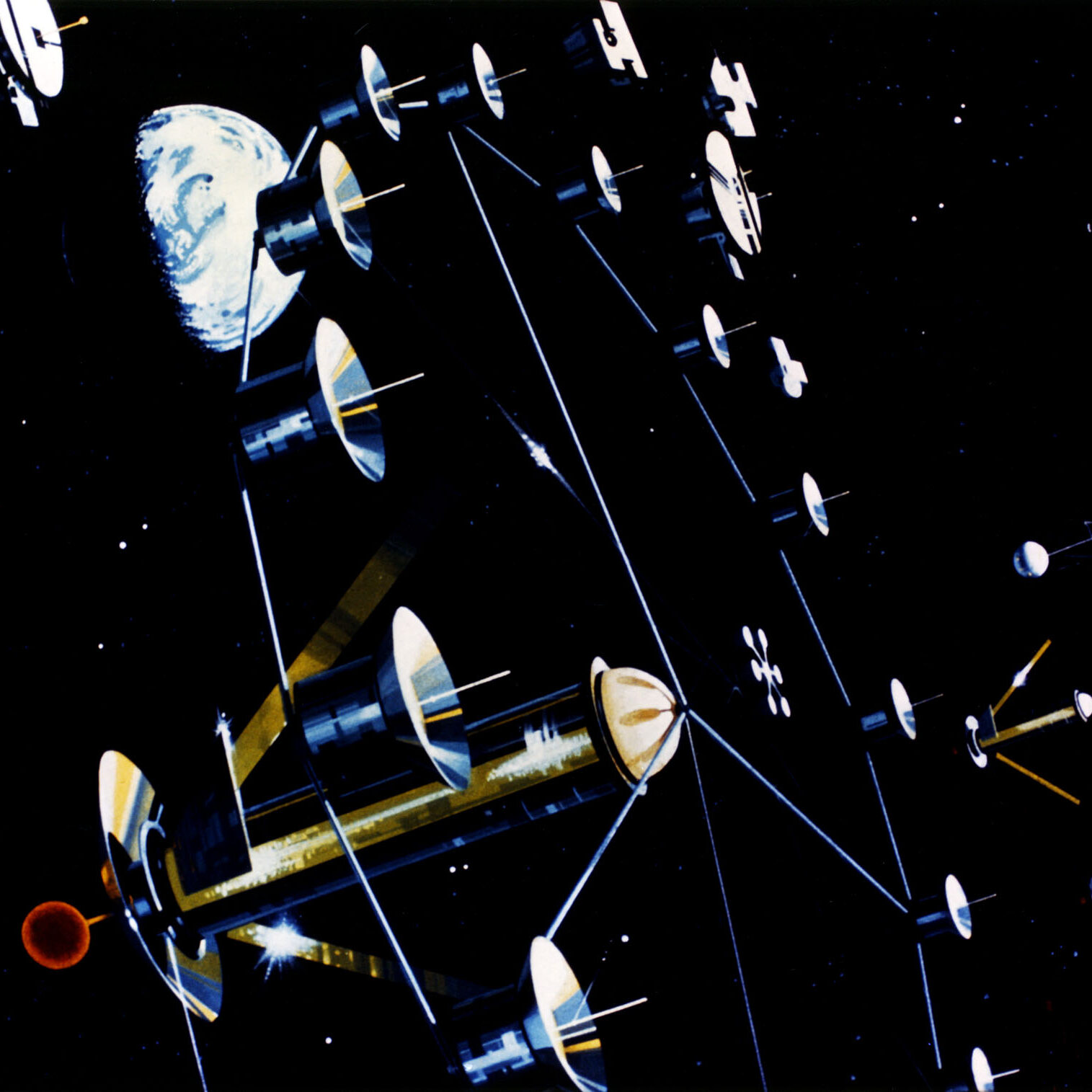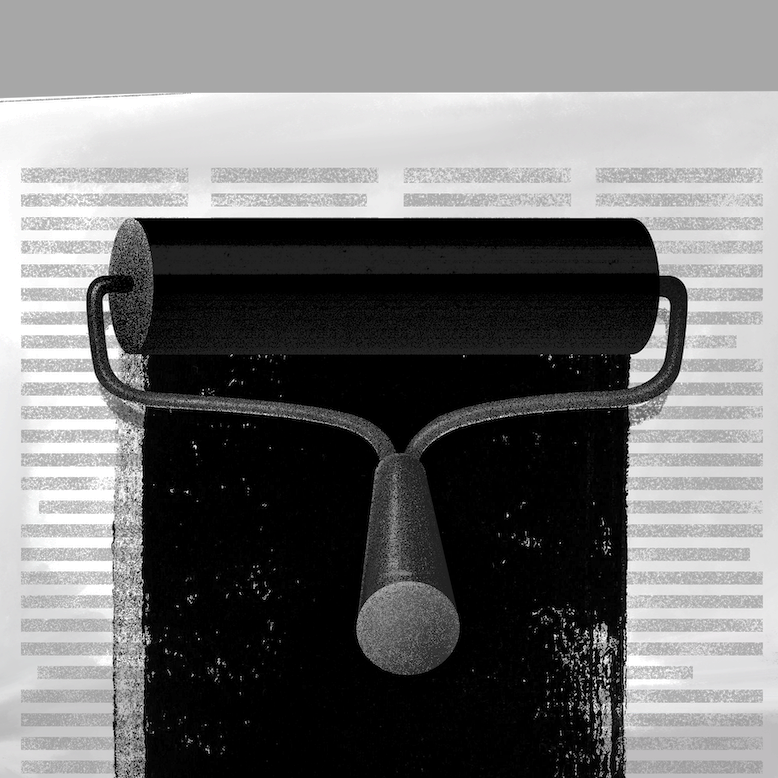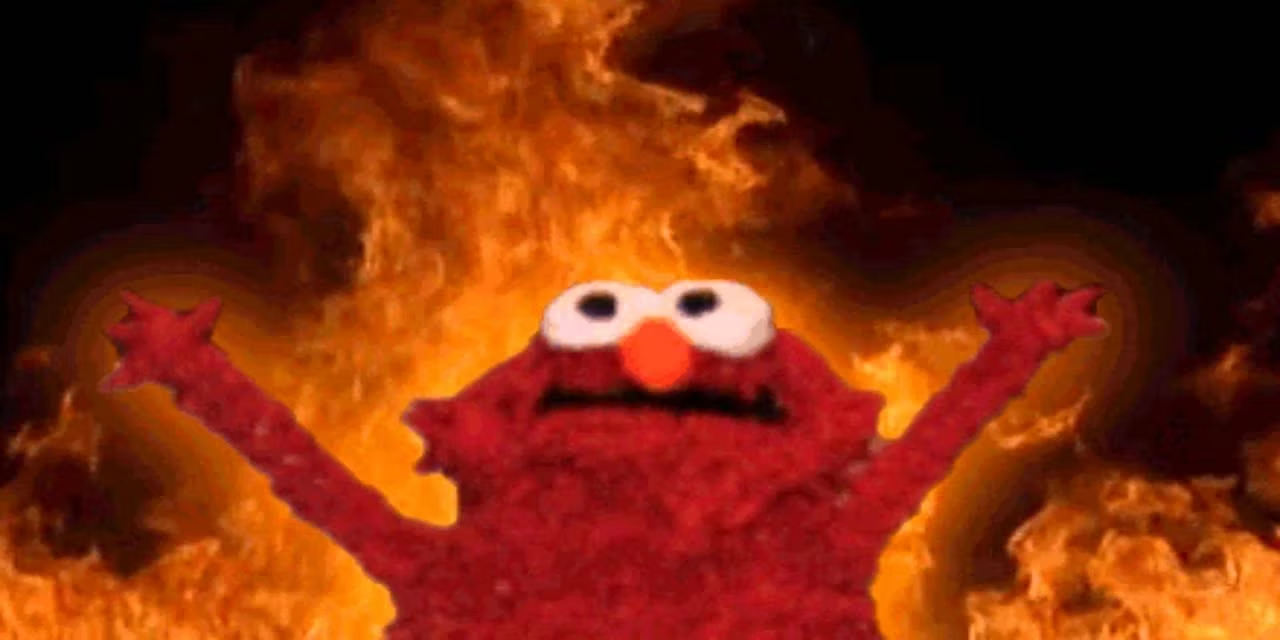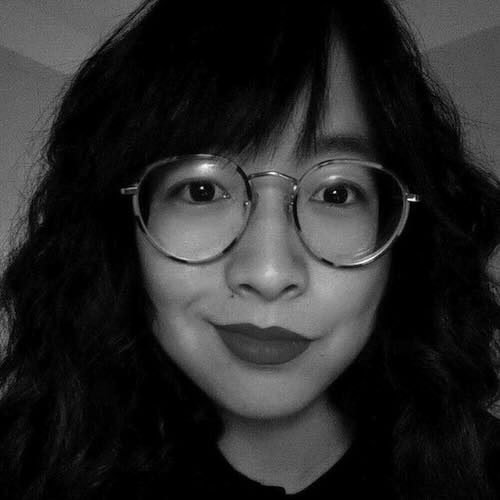Technology matters. But how, why, and when is a whole other beast.
My research focuses on the intersection of technology, security, and global governance. More specifically, I am interested in how emerging technologies in outer- and cyberspace shape international relations, affect state-society relations, and impact their users (often unintentionally).
I take a sociotechnical approach, which means studying society and technology together as a single system. Just as technology should be studied in the social context in which it emerges and operates, so should society be studied in relation to its technological context. In other words, it is not possible to understand the “social” without the “technical,” nor the “technical” without the “social.”
My research employs qualitative and quantitative methods, including case studies, network analyses, content analyses, and process tracing.
Outer space and cyber
My dissertation explores how developments in technology and private sector involvement influence shared understandings of what constitutes outer space and cyber as a “global commons” or “warfighting domain.”
Why this matters is beyond an issue of categorization or bureaucratic idiosyncrasies. It matters because how areas are defined (ex. as a distinct “domain” or “global commons”) can determine the rules and norms for what is acceptable behaviour, the stakeholders, the realm of possibilities for states and the private sector, institutional arrangements, and to an extent the structure of the international system.

If outer space is no longer a global commons and cyber, having lost that battle many years ago, moves further into becoming a de facto functional sovereign territory, how states compete and who has jurisdiction over these areas may be severely impacted. Navigating these challenges requires more than comparing material assets or capabilities. We also need to understand the intersubjective meanings we ascribe to these spaces and the global constructs that create their boundaries.
I focus on cyber and outer space not only because of their shared Cold War origins, but they have become more intertwined, with overlapping functions, shared infrastructure, and interdependencies that often lead to unintended effects when decisions made in one space affect the other.
Censorship and information controls
I will always be interested in censorship and information controls. It’s what first drew me to study technology and the internet and something I’ll always be concerned about, whether it concerns political dissidents, civil society, or marginalized communities.
I’ve written on how the global spread of “fake news” laws has impacted activists and journalists, censorship during elections, and the ways misinformation and censorship are used to harass and silence individuals.
I was a former Open Technology Fund Information Controls Fellow (2019) where I researched the securitization and subsequent counter-securitization of “fake news” in Malaysia.

Media manipulation and disinformation
I’ve conducted extensive research on disinformation campaigns, their tactics, and their impact on political discourse and democratic processes. My work also includes the development of methodologies for detecting, documenting, and debunking misinformation campaigns.
However, the field of misinformation has grown substantially in the past few years, in methodology, scope, and importance. It’s also a field that is highly politicized and facing severe challenges. As scholars and researchers, many of us are having a hard time parsing what to do next. I have no simple solution, but some constructive advice (a plea, really) on how scholars can better contextualize and employ interdisciplinary methods to push forward.

